The Little Liar
Mitch Albom’s “The Little Liar” marks a poignant and ambitious addition to his repertoire of inspirational fiction. Set against the grim backdrop of World War II and transitioning through to the glossy era of Golden Age Hollywood, Albom weaves a profound narrative that bridges the stark themes of deception and redemption.
At the heart of the story is Nico Krispis, an eleven-year-old who is known for his unwavering truthfulness—a virtue that draws love and resentment in equal measure. Nico’s inherently good nature and his reputation are exploited tragically during the war when a German officer manipulates him into a devastating act of betrayal, promising his honesty will safeguard his family and friends. The consequences of this manipulation irrevocably alter Nico’s path, casting him into a lifelong journey of identity changes and quests for forgiveness.
Albom’s choice to narrate the story through the ethereal voice of Truth itself is both innovative and effective, creating a thematically rich canvas that delves deep into the philosophical and emotional implications of lying. This narrative voice adds a layer of omnipotence and moral reflection that is both intriguing and unsettling, guiding the reader through Nico’s various transformations and the eventual, albeit hard-won, redemption.
As the story unfolds across continents and decades, we encounter a tapestry of characters, each deeply affected by the wars’ reach and the pervasive lies that echo through their lives. Fannie, the girl who adores Nico for his honesty, and Sebastian, Nico’s brother who resents him, are key figures whose lives encapsulate the broader impacts of Nico’s actions and the complex interplay of familial love and rivalry.
Albom deftly captures the era’s essence, from the detailed horrors of war-torn Greece to the seductive allure of Hollywood. His prose is clear and evocative, rendering emotionally charged scenes with a gentleness that makes the novel’s heavy themes more approachable. Despite traversing dark subjects, Albom maintains an underlying current of hope and humanism, a signature of his work that his fans will recognize and new readers will find compelling.
However, “The Little Liar” is not without its challenges. The expansive reach of the narrative, while ambitious, sometimes stretches the emotional connectivity with characters, as the plot moves briskly through time and space. Additionally, the novel’s philosophical musings, though profound, may risk alienating readers looking for a more straightforward historical narrative.
In summary, Mitch Albom’s “The Little Liar” is a thoughtful meditation on the costs of deceit and the power of truth. It is a book that challenges and captivates, offering a hearty mix of history, drama, and moral philosophy sure to stimulate both the mind and the heart. This novel will resonate deeply with those who appreciate stories of conflict, personal transformation, and the indomitable human spirit.
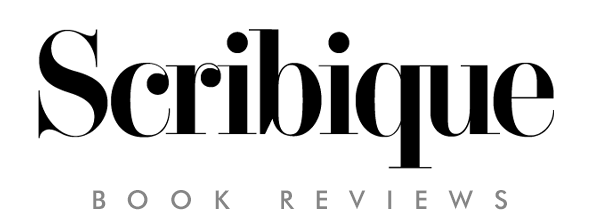
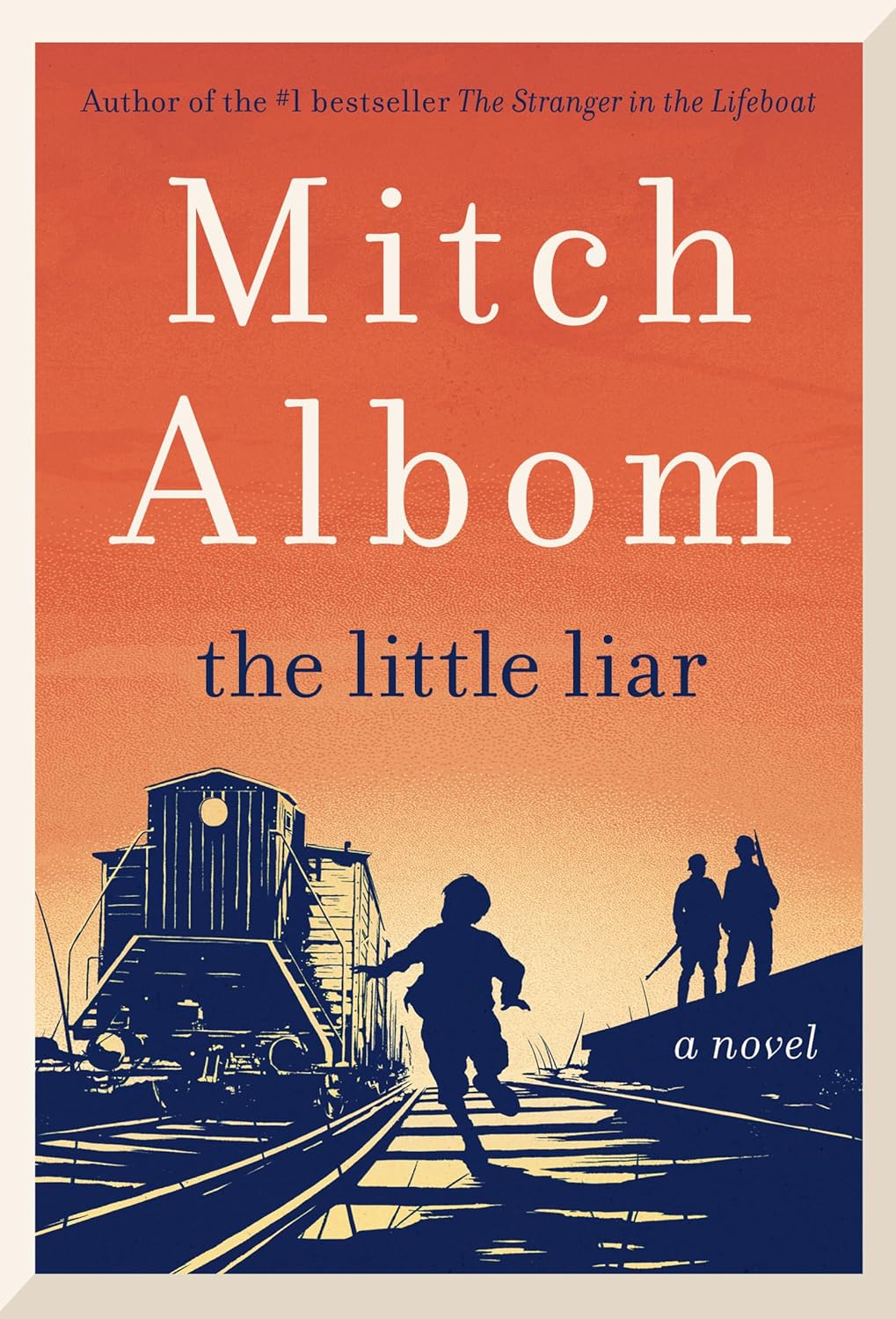
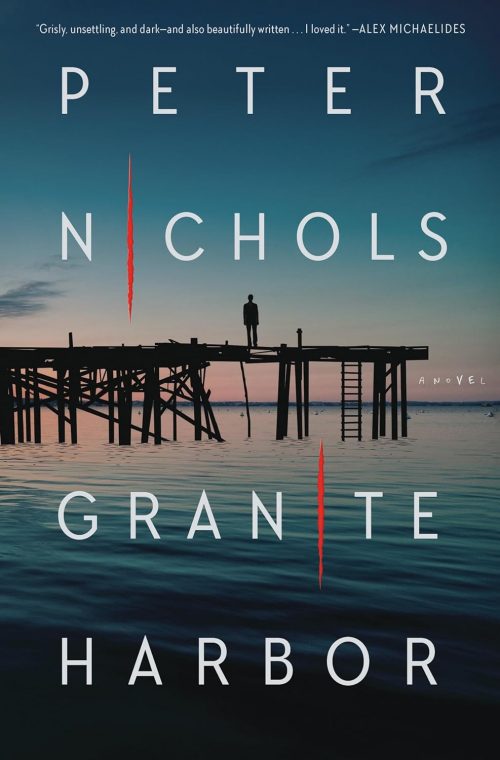
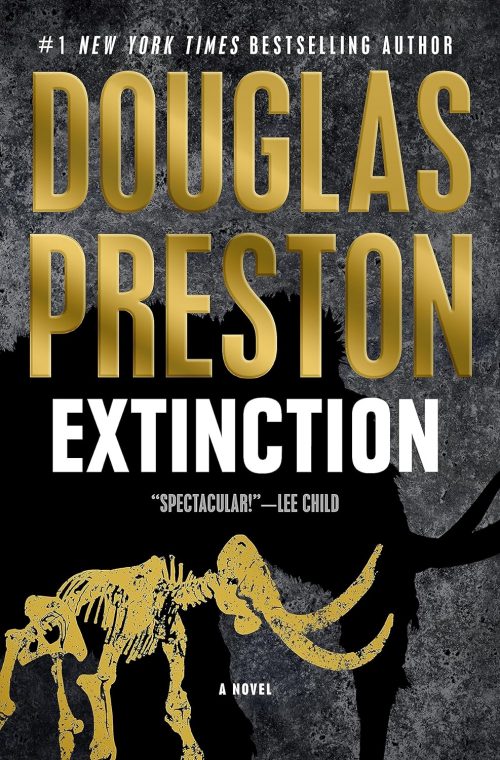


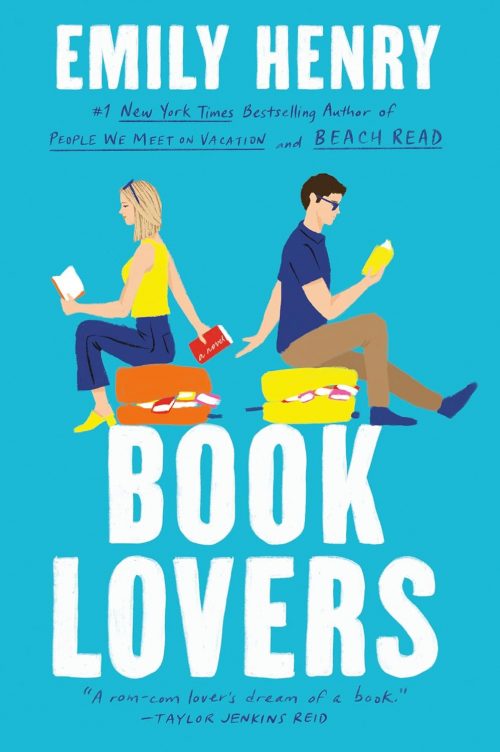
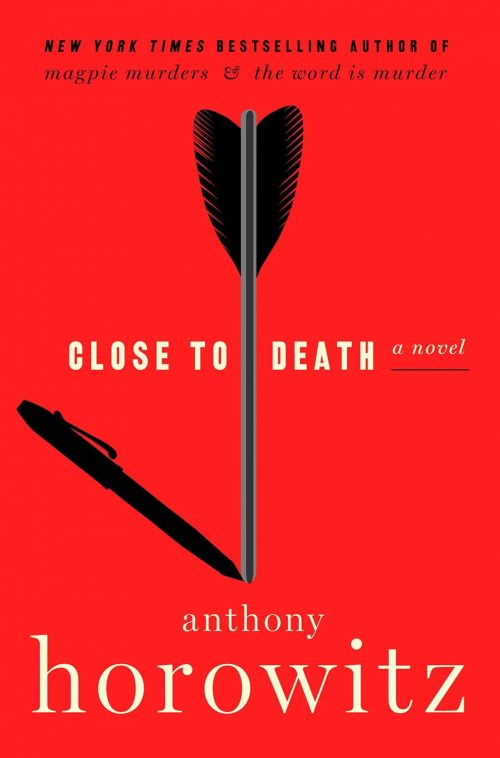

Reviews
There are no reviews yet.